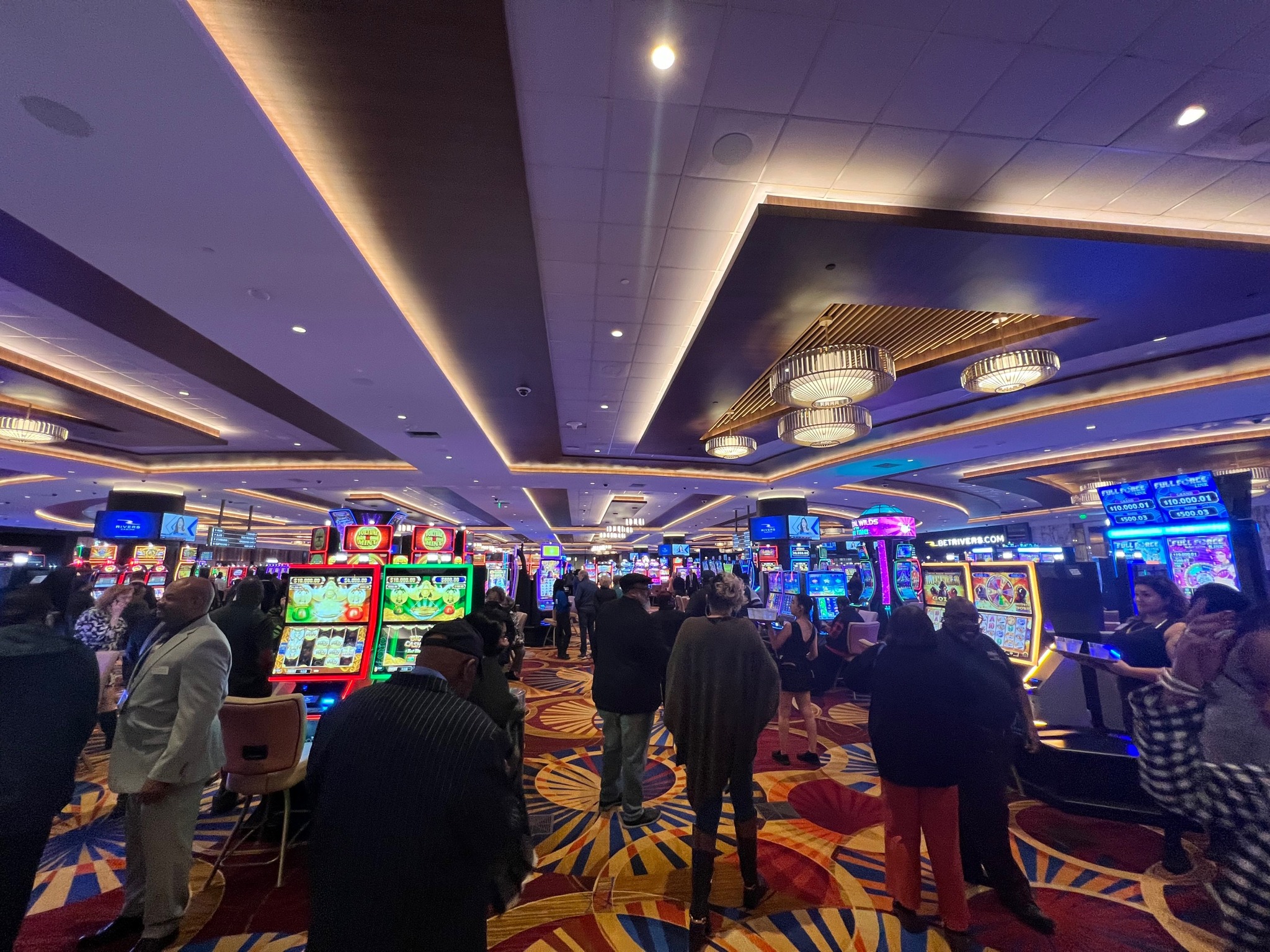Analyzing the Ethics of Gambling Gaming
Gambling in casinos has long been a subject of interest and debate, drawing in millions of players globally. With a blend of luck, skill, and the excitement of risk, casino games offer an exciting escape from everyday life. However, as entertainment becomes ever more accessible, it invites a deeper examination of the ethical implications surrounding these games.
At the heart of the discussion lies the question of whether casinos promote safe gambling or exploit vulnerable individuals. The appeal of potential winnings versus the truth of losses can create a complex dynamic, and understanding this balance is essential for both players and operators. As we delve into the morals of casino gaming, we will explore the responsibilities of casinos, the effects on society, and the steps that can be taken to foster a healthier gaming environment.
The Impact of Casino Gaming on Society
Casino gaming has a considerable influence on societal dynamics, affecting not only the economy but also social behaviors and community structures. The income generated from casinos can lead to job creation and boost local economies, as they provide multiple employment opportunities in multiple fields including hospitality, entertainment, and retail. However, while the financial benefits can be significant, communities often grapple with the possible negative impacts that arise from higher gambling activity.
Moreover, the presence of casinos can lead to an rise in gambling addiction, presenting serious challenges for players and families. The thrill of casino games can quickly evolve into a habitual habit, affecting personal relationships and leading to financial instability. Many individuals may struggle with the loss of control over their gambling habits, resulting in a need for assistance programs and interventions to address this increasing issue. The social cost of gambling addiction can ripple through kinships and neighborhoods, creating an urgent need for sensible gambling approaches.

In addition to the economic and social consequences, casino gaming often showcases cultural attitudes towards risk and leisure. It can foster a sense of joy and leisure, attracting visitors and boosting tourism. However, this allure may also conceal the wider implications of gambling as a method of entertainment, provoking ethical questions about its advertisement and availability. As communities weigh the benefits and disadvantages of casino gaming, the need for responsible practices and oversight becomes increasingly critical in ensuring that the beneficial elements are enhanced while reducing the potential harms.
Moral Concerns in Gambling Activities
The morality of casino gaming often center around the potential for addiction and its consequences on individuals and households. Betting can lead to serious monetary distress, impacting not only the gamblers but also their loved ones. As individuals become entrapped in the allure of winning, many lose track of their financial limits, which can result in catastrophic outcomes such as bankruptcy. This raises moral questions about the duty of casinos in promoting safe gaming practices and offering support for those who may be dealing with gambling addiction.
Another major concern is the advertising of betting to at-risk populations. Gambling establishments often target low-income people or neighborhoods with the promise of quick gains, which can perpetuate patterns of financial struggle and hopelessness. In this context, the ethics of marketing strategies used by casinos come under examination, as they may take advantage of the desperation of individuals seeking an way out from economic troubles. This exploitation raises moral questions about the integrity of the gambling industry and its obligation to safeguard its most at-risk customers.
Additionally, the effect of gambling operations on the community as a whole cannot be overlooked. While some argue that gambling establishments create employment and boost local economies, others point to the community costs associated with problem betting, increased crime rates, and a burden on public resources. Balancing financial advantages with the potential for community issues presents a challenging ethical dilemma for policymakers and gambling operators alike. The difficulty lies in finding a responsible approach that prioritizes the well-being of individuals and communities while still allowing for the pleasure of casino activities.
Regulatory Structure and Duties
The legal framework pertaining to gambling activities is created to ensure fairness, trustworthiness, and gambler security. Different government entities and gambling commissions establish and implement regulations that dictate how casino activities function, the criteria for game creation, and the procedures for processing winnings. These regulations differ by region but usually involve licensing requirements for operators and strict measures to stop fraud and dishonesty.
In addition to regulatory bodies, gambling establishments bear significant duty in upholding ethical standards within their establishments. game đổi thưởng They must enforce ethical gaming practices that promote gambler protection and awareness, including presenting self-ban options and sharing information about the dangers connected to betting. Establishments are also obligated for training workers to spot signs of problem betting and be aware of the proper steps to help visitors in trouble.
Furthermore, openness in gambling operations is vital for building and keeping public trust. Gaming establishments should present clear details about the chances of activities, marketing deals, and any related dangers. By creating an atmosphere of transparency and accountability, operators can help lessen the likelihood harmful impact of betting while boosting the complete gambling experience for all participants.
